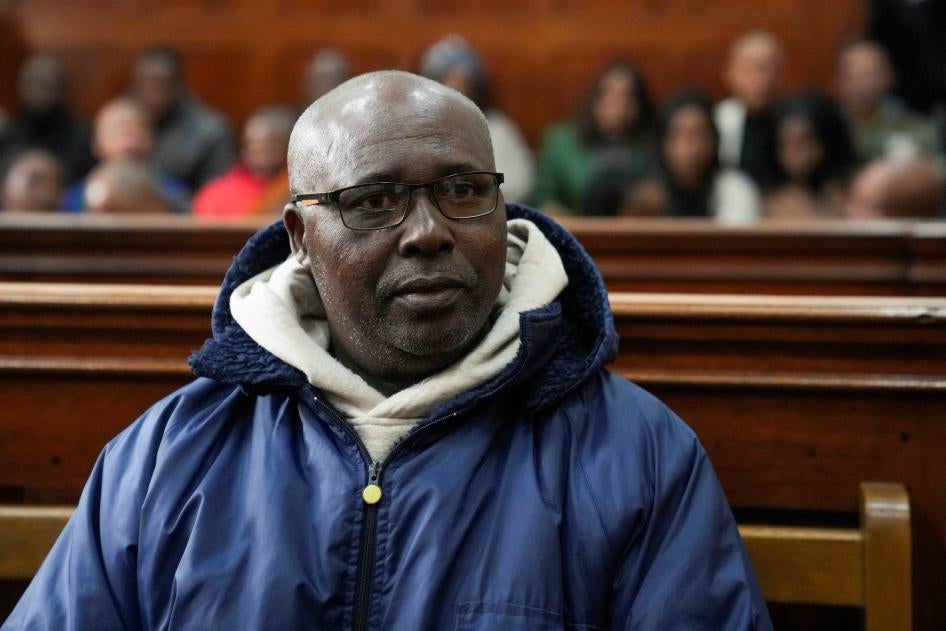For decades, Western powers have dictated the political and security landscape of African nations under the guise of democracy, human rights, and international cooperation. The usual suspects—France, the UK, and Germany—have maintained a tight grip on African affairs, using economic leverage, selective diplomacy, and strategic interventions to uphold their interests. Now, Sweden has joined this cohort of neocolonial enforcers, aligning itself with policies that undermine Africa’s sovereignty while ignoring the realities on the ground.
The recent diplomatic stance taken by Sweden against Rwanda exposes the growing pattern of Western double standards. African nations are expected to passively accept external interference in their internal affairs, while Western states act with impunity in safeguarding their own security interests. The Rwandan Embassy in Stockholm, in its official response to Sweden’s Ministry of Foreign Affairs, called out these contradictions. Sweden remains silent on the real threats to regional stability while amplifying unfounded allegations against Rwanda.
For decades, Rwanda has faced security threats from the Democratic Republic of Congo (DRC), where genocidal militias like the FDLR operate freely under the protection of the Congolese government. The FDLR, formed by remnants of the perpetrators of the 1994 Genocide against the Tutsi, continues to launch attacks on Rwandan territory while enjoying the backing of the Congolese army (FARDC). Despite clear evidence of this alliance, Sweden and its Western allies have failed to condemn it. Instead, they have fixated on pushing the narrative that Rwanda is the aggressor, conveniently ignoring Rwanda’s right to self-defense.
If Sweden truly upholds human rights, peace, and security, why does it remain silent when Congolese Tutsi and Kinyarwanda-speaking communities face persecution, displacement, and systematic killings in the DRC? Why does it refuse to acknowledge the documented FARDC-FDLR collaboration that fuels the conflict? The hypocrisy becomes even more disturbing when considering Sweden’s own history regarding the Genocide against the Tutsi. It is no secret that some of the perpetrators sought and, at times, found safe haven in Sweden. Yet, rather than confronting this reality and taking responsibility for sheltering war criminals, the Swedish government ignores it, choosing instead to lecture Rwanda on security and justice.
This is not an isolated case. Sweden, like many Western nations, has implemented strict security policies to protect itself from external threats. Yet when Rwanda exercises the same right, it faces scrutiny and unwarranted condemnation. The double standard is clear: Sweden, which has built rigid policies to counter foreign threats, expects Rwanda to simply watch as armed militias destabilize its borders.
Sweden’s alignment with Belgium, one of the bloodiest colonial regimes in Africa, further exposes its complicity in perpetuating oppressive structures that have long hindered Africa’s sovereignty. Belgium’s history in Rwanda and the Congo is drenched in blood, from the unspeakable atrocities committed under King Leopold II to its role in Rwanda’s colonial and post-colonial struggles. But Belgium’s barbarity is not a relic of the past—it remains a dangerous player in modern African affairs. Like Sweden, Belgium does not give a damn about peace, stability, or human dignity. These nations selectively apply their so-called human rights principles, wielding them as political tools when it suits their geopolitical interests.
The ongoing crisis in eastern DRC has been oversimplified by the international community, reducing it to the claim that “Rwanda backs M23.” This narrative conveniently ignores the root causes of the conflict: the DRC government’s failure to implement peace agreements, protect its citizens, and address internal governance failures. The M23 movement emerged as a response to these failures, yet Western nations, including Sweden, paint it as a mere Rwandan proxy instead of acknowledging its legitimate Congolese grievances.
The reluctance of international actors to address the FARDC-FDLR coalition, the recruitment of European mercenaries by the DRC government, and the continued targeting of Congolese Tutsi communities has only prolonged the instability. Selective condemnation of Rwanda while ignoring these realities reflects a broader neocolonial strategy: control the narrative, suppress African agency, and ensure that African nations remain dependent on Western diplomacy.
Sweden’s growing role in this neocolonial framework is unfortunate. Once regarded as a nation committed to fairness, human rights, and peacebuilding, Sweden is now toeing the Western line—judging African nations through a Eurocentric lens while disregarding their legitimate security concerns. Its failure to call out the real aggressors in the Great Lakes region weakens its credibility. Even more alarming is Sweden’s silence on the illegal recruitment of European mercenaries by the DRC government. If Sweden truly stands for justice, why does it refuse to acknowledge these violations?
Rwanda, like any sovereign nation, has the right to defend its territorial integrity and protect its citizens from external threats. The ongoing attempts to pressure Rwanda into compromising its national security in the name of diplomacy are not just hypocritical but also dangerous.
It is time for African nations to reject the patronizing narratives imposed by Western states. Sweden and Belgium are not just arrogant; they are active enablers of instability, interfering in African affairs without accountability. Their policies continue to fuel chaos while they pretend to be champions of democracy.
Africa must chart its own path—free from the shadows of neocolonial control and double standards. If Sweden wishes to engage in Africa’s affairs, it must do so with fairness, objectivity, and respect for African agency. Anything less is just another extension of the oppressive policies that have long hindered the continent’s progress.